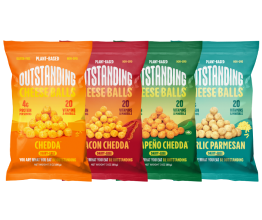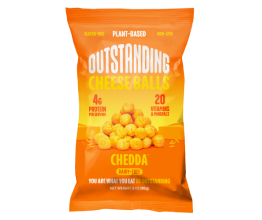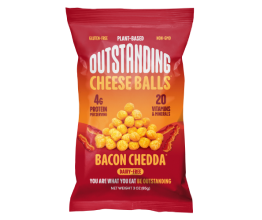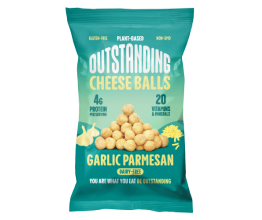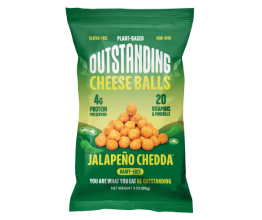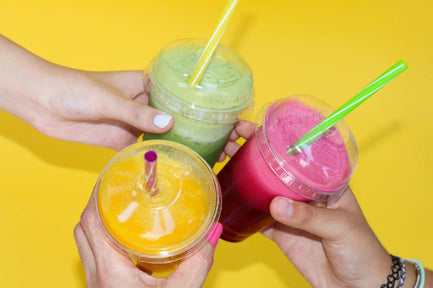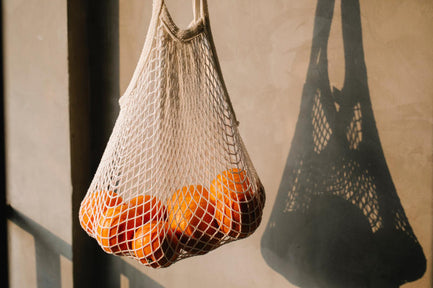Cacao Vs. Cocoa: Does It Matter?
Have you ever stood in front of a supermarket chocolate bar display and wondered, “Why do some of these say they contain cacao while others contain cocoa? Is it just a different spelling of the same word?” Nope, the cacao vs. cocoa debate is about more than just spelling!
While related, cacao (pronounced kuh-KAH-oh) and cocoa (KOH-koh) are actually two different things.
Chocolate, A.KA. the “food of the gods” (no, seriously — that’s what the scientific name Theobroma cacao means!), comes in countless forms. Some are healthier than others, but all come from the seeds of the cacao tree. How those seeds are processed determines whether they’ll remain cacao or become cocoa instead.
Here’s what you need to know about cacao vs. cocoa and healthy ways to get more of both in your life.
What Is Cacao?
Think of cacao as chocolate in its rawest, most natural form. Cacao seeds are unprocessed and unroasted, though cacao powder has usually undergone light processing at low temperatures before being ground up.
Because it isn’t roasted, cacao has a much more bitter taste than cocoa, which is why lots of extremely dark chocolate tends to be rich in cacao vs. cocoa. But cacao is also more nutrient-dense than its roasted counterpart.
Armed with nutrients like iron, protein, magnesium, potassium, and fiber, cacao helps guard against the risks of diabetes, heart disease, and inflammation, among other things.
What Is Cocoa?
Cocoa is, of course, the better-known byproduct of cacao seeds. In fact, there’s a good chance you have some cocoa powder sitting in your pantry right now. But if you’ve ever tried to taste cocoa by itself, then you know it’s still extremely bitter (and you probably didn’t feel the need to try it again).
Think of cocoa as the next stop on the production train from cacao tree to decadent chocolate dessert. The roasting process has given it a richer, sweeter flavor than cacao, but it still needs a bit of work and added ingredients to reach peak sweetness.
Since cacao and cocoa are both made from the same seeds, they probably have the same health benefits, right? Well… yes and no. The biggest determiner of whether those seeds will become cacao vs. cocoa is the roasting process, and roasting can be pretty destructive (just check any online comment section).
Roasting cacao seeds kills some of the bitterness, yes, but also some of those outstanding nutrients. Not to mention, a lot of chocolate products dilute the cocoa (and the nutrients!) with excess sugar and fat.
Cacao vs. Cocoa: Which Wins?
So when it comes down to cacao vs. cocoa, which is better? If sweet flavor is your top priority, then cocoa may be slightly more appealing. But when you look at health points, cacao holds a significant advantage. That’s why a lot of plant-based recipes swap cocoa for cacao simply to take advantage of its nutrient density.

Regardless of which you use, however, the key is to keep the unhealthy additions (e.g., sugar, fat, etc.) to a minimum. If you’re looking for healthier ways to enjoy either cacao or cocoa powder, try:
— Making your own hot chocolate mix with dairy-free milk and less sugar
— Mixing cocoa or cacao powder into oatmeal or smoothies
— Dusting baking pans with cocoa or cacao powder instead of with flour
— Adding cocoa or cacao to savory recipes for a rich, earthy flavor
Finally, going back to that supermarket display, try to stick to dark chocolate as much as possible. In general, the higher the cacao or cocoa content — and thus the darker the chocolate — the healthier it is.
Healthy Eating Doesn’t Have to Be Sad
Ultimately, the answer to the cacao vs. cocoa debate is that cacao retains more of its nutritional value than cocoa for the small exchange of a little less sugary sweetness. But the real winner here is you — because you get to enjoy the food of the gods while feeling good about your healthy eating habits.
But this principle doesn’t only apply to chocolate. You can find lots of ways to swap your favorite junk foods for healthy alternatives, like:
— Using natural sweeteners (agave, monk fruit, etc.) instead of refined sugar in your morning coffee
— Satisfying your sweet tooth with a moderate serving of fresh fruit
— Air popping your own popcorn and foregoing the excessive slathering of butter and salt
— Replacing "classic" cheese balls with nutrient-dense, dairy-free cheese balls that taste outstanding
The more you consciously choose to eat healthy, the more of a no-brainer it will become.
For more healthy eating tips and inspiration, follow us on Instagram and Facebook.
